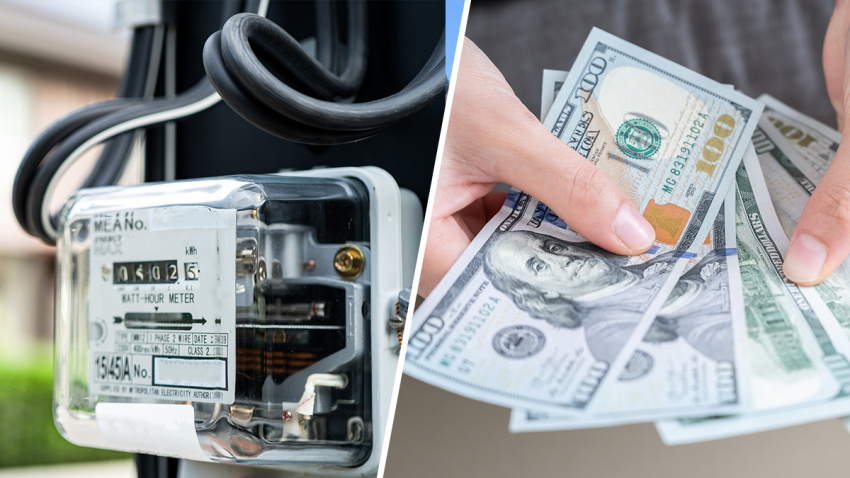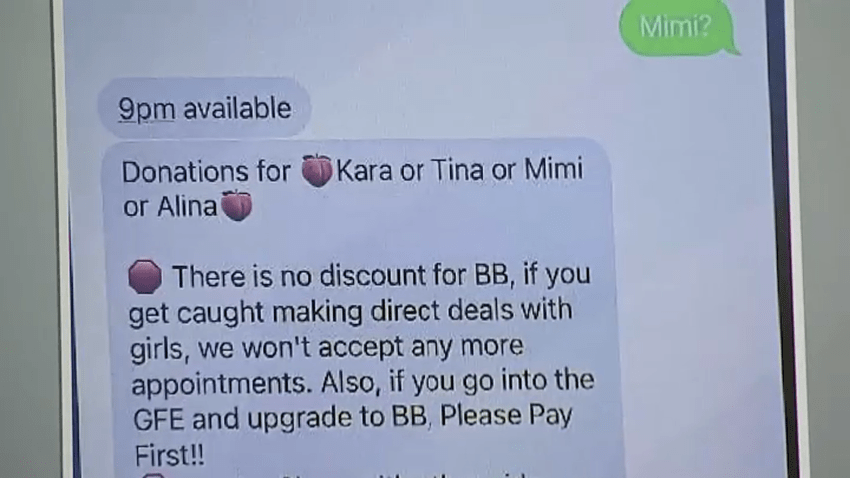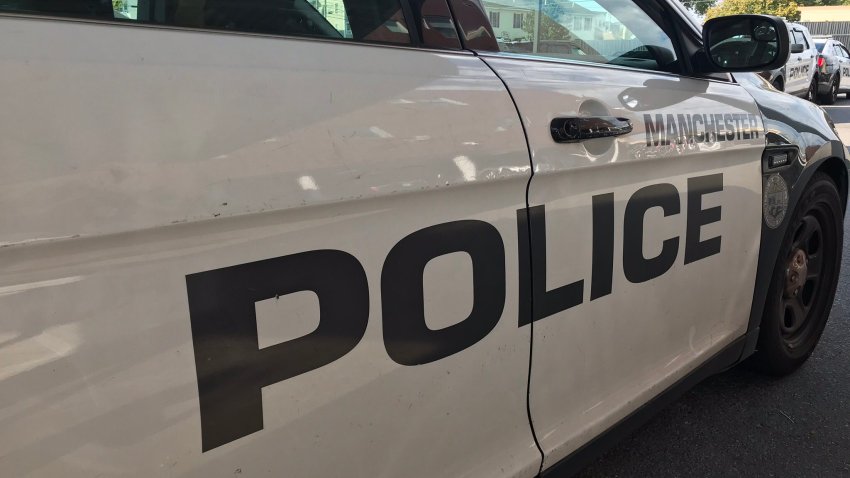

The Latest
-

The 30+ absolute best deals to shop
Promoted By NBC Select Deals -

How Stefon Diggs plans to channel his competitive fire in New England
Stefon Diggs plays with an edge that has caused issues in the past. But the star wideout is taking a new approach to New England, writes Phil Perry.
-

Inside Pritchard's rise with Celtics and the trade that never happened
Payton Pritchard has come a long way from wanting out of Boston. Chris Forsberg details the Celtics guard’s fascinating journey from DNP to Sixth Man favorite.
-

Two seasons in one day? 70s for some Saturday, snow for others
Buckle up! We’re in for a quite a roller coaster ride with our temperatures this weekend here in New England. And to add insult to injury, Mother Nature will deliver a wintry mix for some, too. A frontal system will stall across Massachusetts on Saturday, giving way to two different seasons in just one day! Get this! High temperatures will likely..... -

Perry: Why Diggs' addition shouldn't rule out Pats drafting Hunter
Does the Patriots signing Stefon Diggs make it less likely they’ll draft Travis Hunter at No. 4 overall? Phil Perry doesn’t believe so.
-

Best fits for Patriots at tight end in 2025 NFL Draft
Which tight ends make the most sense for the Patriots in the 2025 NFL Draft? Phil Perry shares his list.
-

Boston law firm targeted by latest Trump executive order
Boston law firm targeted by latest Trump executive order
-

Wholesale power prices in New England rose 300% in February
Ratepayers know too well that February was a rough month for retail utility bills in New England, marked by soaring costs that threw household and business budgets out of whack. Regional grid operator ISO-New England put a number on the pain for the wholesale side of the picture Wednesday, reporting that the average real-time electricity price... -

Washington Street in Brighton reopened after water main break
Part of Washington Street is closed in Boston’s Brighton neighborhood Friday morning due to a water main break.
-

Man killed in overnight shooting in Brockton
Police are investigating a deadly shooting overnight in Brockton, Massachusetts. Brockton police said they responded to a report of gunshots fired on Lenox Street early Friday morning. When officers arrived at the scene they found an unidentified man suffering from an apparent gunshot wound. The Plymouth District Attorney’s Office said in an ... -

Third day of hearings for alleged buyers in Cambridge brothel bust
A third day of hearings is scheduled Friday for the alleged buyers of a high-end brothel ring that operated out of Cambridge, Watertown and a Washington, D.C. suburb before being busted in November 2023.









